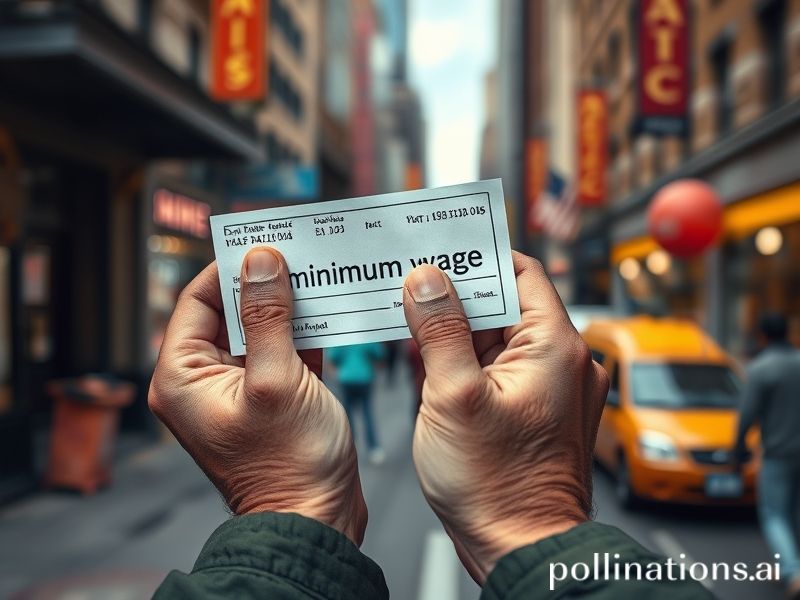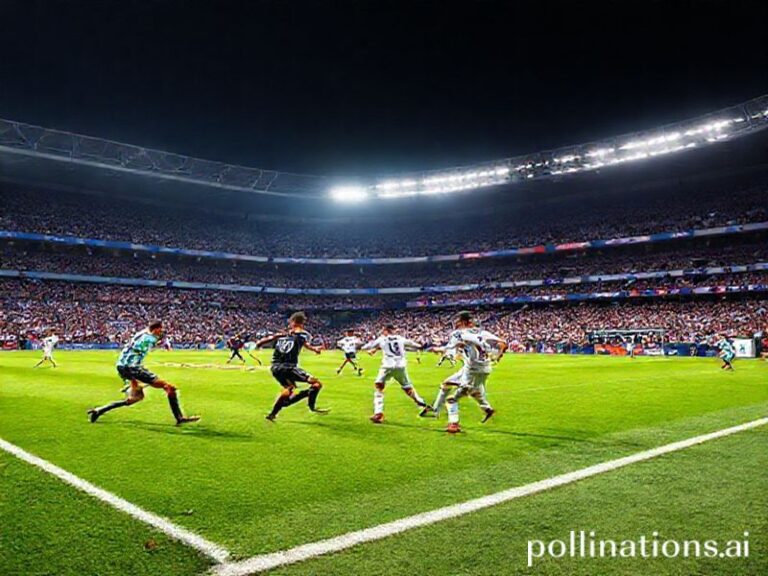The Great Wage Debate: Why the World’s Buzzing About Minimum Wage
# The Great Wage Debate: Why the World’s Buzzing About Minimum Wage
Alright, folks, grab your popcorn and let’s dive into the hottest topic that’s got the world talking—minimum wage. It’s not just a dry economic term; it’s a cultural phenomenon, a social battleground, and the subject of countless memes. So, why is everyone suddenly obsessed with the minimum wage? Let’s break it down.
### The Cultural Context
Minimum wage has always been a hot-button issue, but lately, it’s been heating up faster than a viral TikTok dance. From fast-food workers to gig economy employees, people are demanding fair pay for their hard work. The cultural context here is all about the growing awareness of economic inequality. Social media has given a voice to the voiceless, and suddenly, everyone’s talking about the struggle of making ends meet on a minimum wage salary.
In the U.S., the federal minimum wage has been stuck at $7.25 since 2009. That’s right, folks, we’re still living in the economic stone age. Meanwhile, the cost of living has skyrocketed, making it nearly impossible for minimum wage workers to afford basic necessities like housing, healthcare, and avocado toast (which, let’s be honest, is a necessity for any self-respecting millennial).
### The Social Impact
The social impact of minimum wage is far-reaching and deeply personal. For many, it’s not just about the numbers on a paycheck; it’s about dignity, respect, and the ability to provide for oneself and one’s family. The Fight for $15 movement has been a game-changer, highlighting the plight of low-wage workers and pushing for a living wage that actually covers the cost of living.
But it’s not just about the workers. Businesses are feeling the heat too. The debate over minimum wage has sparked discussions about the role of corporations in society. Should businesses prioritize profits over people? Or is there a moral responsibility to pay workers a fair wage? The answers to these questions are shaping the future of work and the economy.
### Why It’s Significant
So, why is this topic so significant? Well, for starters, it’s about the future of work. As automation and AI continue to reshape the job market, the question of fair wages becomes even more critical. If machines are taking over jobs, who’s going to pay the humans? And how do we ensure that the benefits of technological advancements are shared equitably?
Moreover, the minimum wage debate is a reflection of broader societal values. It’s about what we, as a society, value—profit, people, or a balance of both. It’s about the kind of world we want to live in, where everyone has the opportunity to thrive, not just survive.
### The Global Perspective
The minimum wage debate isn’t just an American phenomenon. It’s a global issue, with countries around the world grappling with similar challenges. In the UK, the National Living Wage was introduced to ensure that workers earn a fair wage. In Germany, the minimum wage has been a topic of heated debate, with some arguing that it’s too low and others fearing the economic impact of raising it.
In developing countries, the conversation is even more complex. Minimum wage laws are often weak or non-existent, leaving workers vulnerable to exploitation. The global nature of the debate highlights the universal struggle for fair wages and the need for international solidarity in the fight for workers’ rights.
### The Bottom Line
At the end of the day, the minimum wage debate is about more than just numbers on a paycheck. It’s about the kind of society we want to live in—a society where hard work is rewarded, where dignity and respect are non-negotiable, and where everyone has the opportunity to thrive. So, let’s keep the conversation going, folks. Because the future of work is here, and it’s time to make sure it’s a future we can all be proud of.
—







